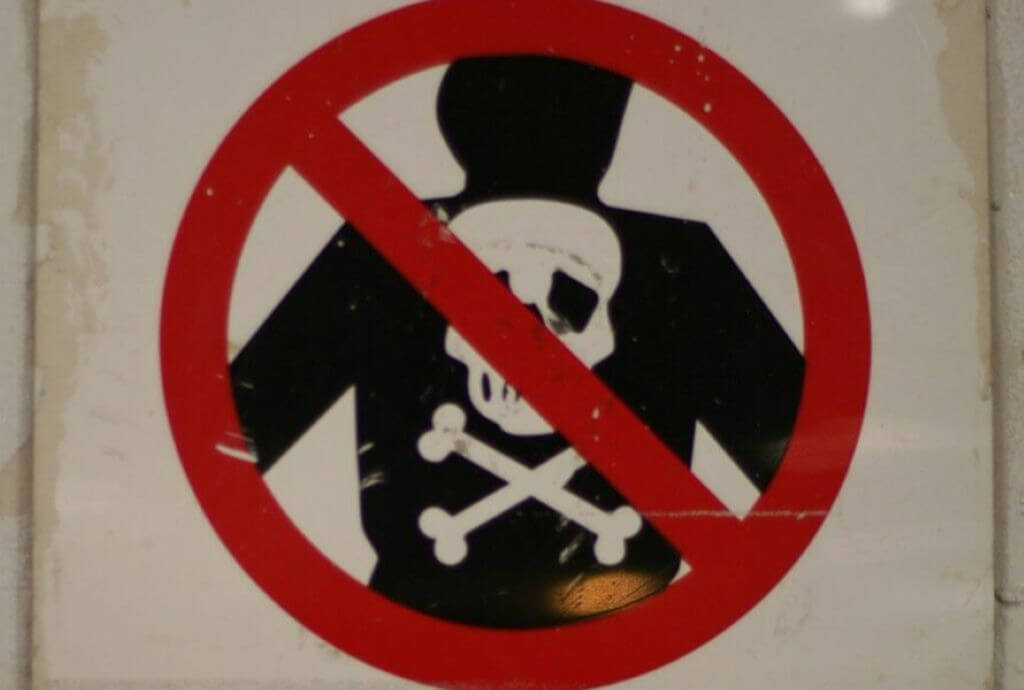In brief
- We favour a more judicial approach, open to the public.
- We think one of the biggest concerns should be how the government decided where to get its information.
- The steps they took to control the narrative need to be closely examined.
- Why did NZ not focus more on other countries that were travelling down the same path but were many months ahead?
A call for public submissions
If the Royal Commission into NZ’s COVID response doesn’t expand considerably, we’re wasting our time.
The Commission is seeking public submissions for its terms of reference. It was originally established by the Ardern government in October 2022 to evaluate border closures, quarantine, lockdowns, and vaccine mandates.
The question is, can the existing Royal Commission structure deliver a meaningful result? That is doubtful, which is why their new push for public engagement is important.
It is encouraging that groups like Reality Check Radio are rallying support for their vision of expanding the terms of reference. Also, both NZ First and ACT expressed backing for a broad mandate, in the lead up to the election.
A change in approach is needed

The Commission must adopt a more judicial approach, akin to past inquiries, such as the Pike River Mine tragedy investigation. These previous commissions wielded authority to take evidence and cross-examine witnesses. This needs a legal person, such as a retired judge. It also needs an avenue for non government groups to present evidence and cross examine.
Was the cost of “protecting everyone” worth it?
Were the economic and social costs of lockdowns, school closures and closed borders properly weighed? Was the approach effective, given that regular medical treatments were missed, with multiple systems, like education and health, now struggling?
Government attempts to control the narrative
How was money and policy used by the government to influence the media? For instance, entities like The Disinformation Project? Also, did efforts like the ad spend promoting COVID policies come with any strings attached, explicit or implicit?
To what degree did the government use its resources and influence to aid in deplatforming dissident voices like anti mandate influencer Chantelle Baker?
Exclusion of foreign experts and any contrary voices
New Zealand may be an island nation, but it does not exist in a vacuum. Yet, during the pandemic, the government seemed disinterested in seeking international expertise for what was an international problem.
Should the government have been more open, or even encouraged naysayers to critique and therefore improve its response?
What was the relationship between the government and foreign organisations such as the WHO and WEF?
The puzzling lack of a comprehensive study in NZ
We think a key aspect of the Royal Commission’s inquiry should be ordering a comprehensive study. NZ is in a near unique position to do this having introduced vaccines before a major COVID outbreak. This means there was a period of time when many were vaccinated but there was no COVID circulating to confuse the data in a study to examine potential vaccine side effects. If this study was designed in cooperation with critics it would be far more impactful.
Government overreach and deceit
How was it that members of the medical profession were sanctioned if they didn’t go along with the “safe and effective” narrative? And was it proper for the government to encourage the vaccine hesitant to get advice from their doctors when these same doctors were seemingly under pressure to promote the vaccine?



















